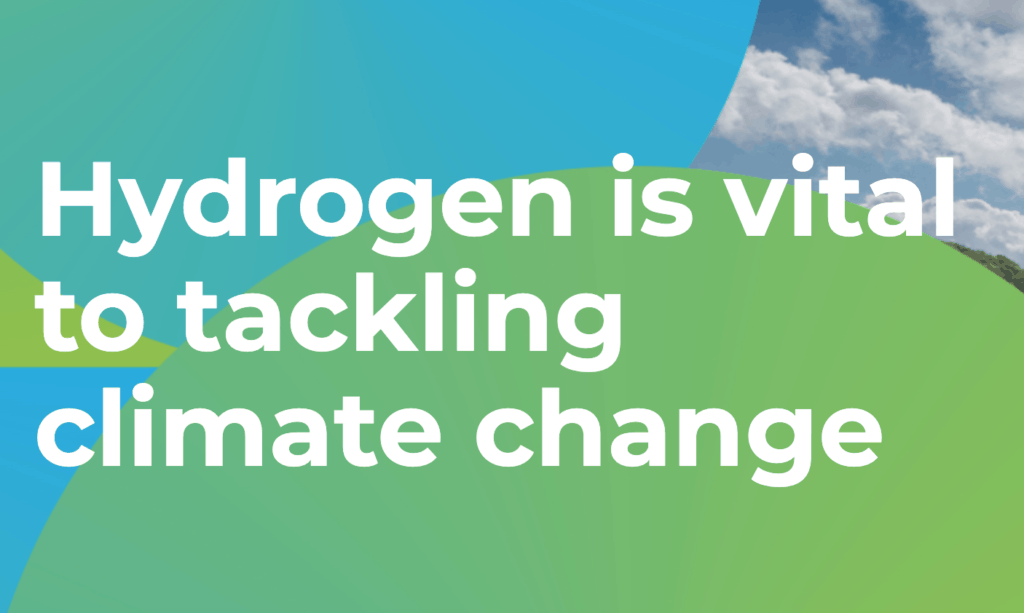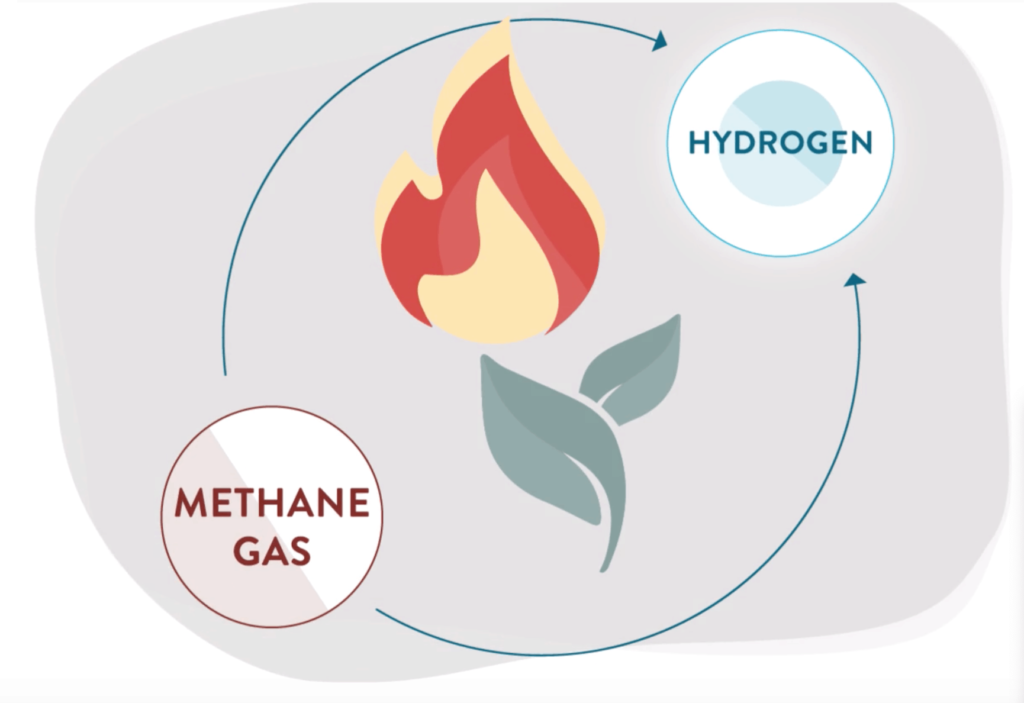On 3rd March 2020 a Hydrogen Taskforce was launched. It’s objective is to bring together leading companies to push hydrogen into the mainstream in the UK.
The publication of a report, “The Role of Hydrogen in Delivering Net Zero” marked the launch of this taskforce, which is being backed by companies like Arval, Baxi, BNP Paribas, BOC, BP, Cadent, DBD, ITM Power, Shell and Storengy. This report outlines over the next 5 years a series of policy recommendations for industry and government to work towards.

There are currently a number of policies, which are included in the report, which will help enable the scaling up of hydrogen as a fuel for the future. These include:
£1bn UK Government commitment over the next Spending Review period to hydrogen production, storage and distribution projects:
The government recognises, according to the report, that developing low cost bulk hydrogen storage and distribution solutions will be vital in realising the maximum benefits, which hydrogen can offer. While the Hydrogen Task Force welcomes this, it says this funding level is insufficient to develop the technology at the required scale and speed that is required.
Development of financial support for the production of hydrogen for blending into the gas grid, industrial use, power generation and transport:
The UK has vast experience in producing cost-down in low carbon energy through the development of schemes like Contracts for Difference, Capacity Market, Renewable Heat Incentive and the Heat Networks Investment Project. These are highlighted in the report. Hydrogen technologies are still at a very early stage of deployment and due to this fact they face operational challenges, especially so when competing with low cost, high carbon alternatives, such as natural gas.
Amendment of Gas Safety Management Regulations (GSMR) to enable hydrogen blending into the UK Gas Grid, and take the next steps towards 100% hydrogen heating through supporting public trials and mandating hydrogen-ready boilers by 2025
The government and business are working on ways to establish a Health & Safety case for hydrogen. The Taskforce is wanting the government to prioritise the work of HyDeploy to establish a safety case. HyDeploy is a project, which looks at understanding how hydrogen can be used to play a role in combating climate change. In addition to supporting HyDeploy, the next phase of 100% hydrogen heating must take place over the next 5 years.
Collaboration to establish 100 hydrogen refuelling stations (HRS) by 2025 to support the roll-out of hydrogen transport
The UK government has started to already develop a fledgeling transport system that uses hydrogen. However, according to the report it must be steeped up significantly in the next 5 years, if the UK wants to establish itself as a hydrogen transport leader. Hydrogen powered cars are a realistic option in the future in the UK and around the world. Already in California there are 35 Shell hydrogen stations. Hydrogen cars work by using compressed hydrogen to power an electric battery, and emts nothing more than heat and water vapour.

Challenges for hydrogen as exclusive use heat:
Visibility – Natural gas burns with a blue flame under normal combustion. Hydrogen burns with a pale blue flame, which is not that easy to see in daylight – this has significant safety problems for obvious reasons.
Detection – Non toxic aroma such as mercaptan is added to natural gas so we can detect. However, this has a detrimental effect when using with hydrogen. There is current research taking place to look at addressing this issue.
Transportation – Compared to oil, which can be sent through pipelines, hydrogen transportation can be expensive. This is a set back since storage and transport can be considered impractical.








